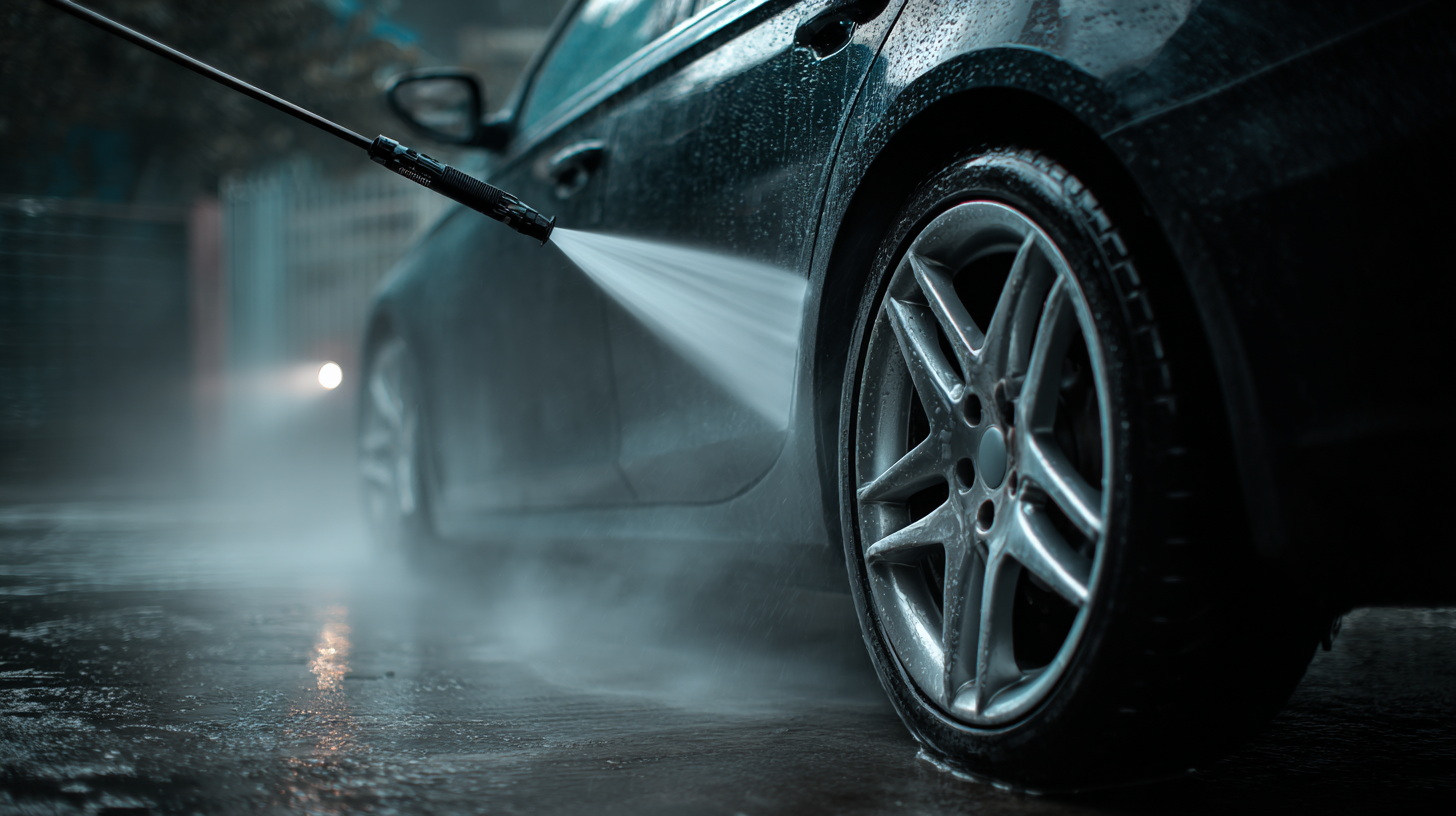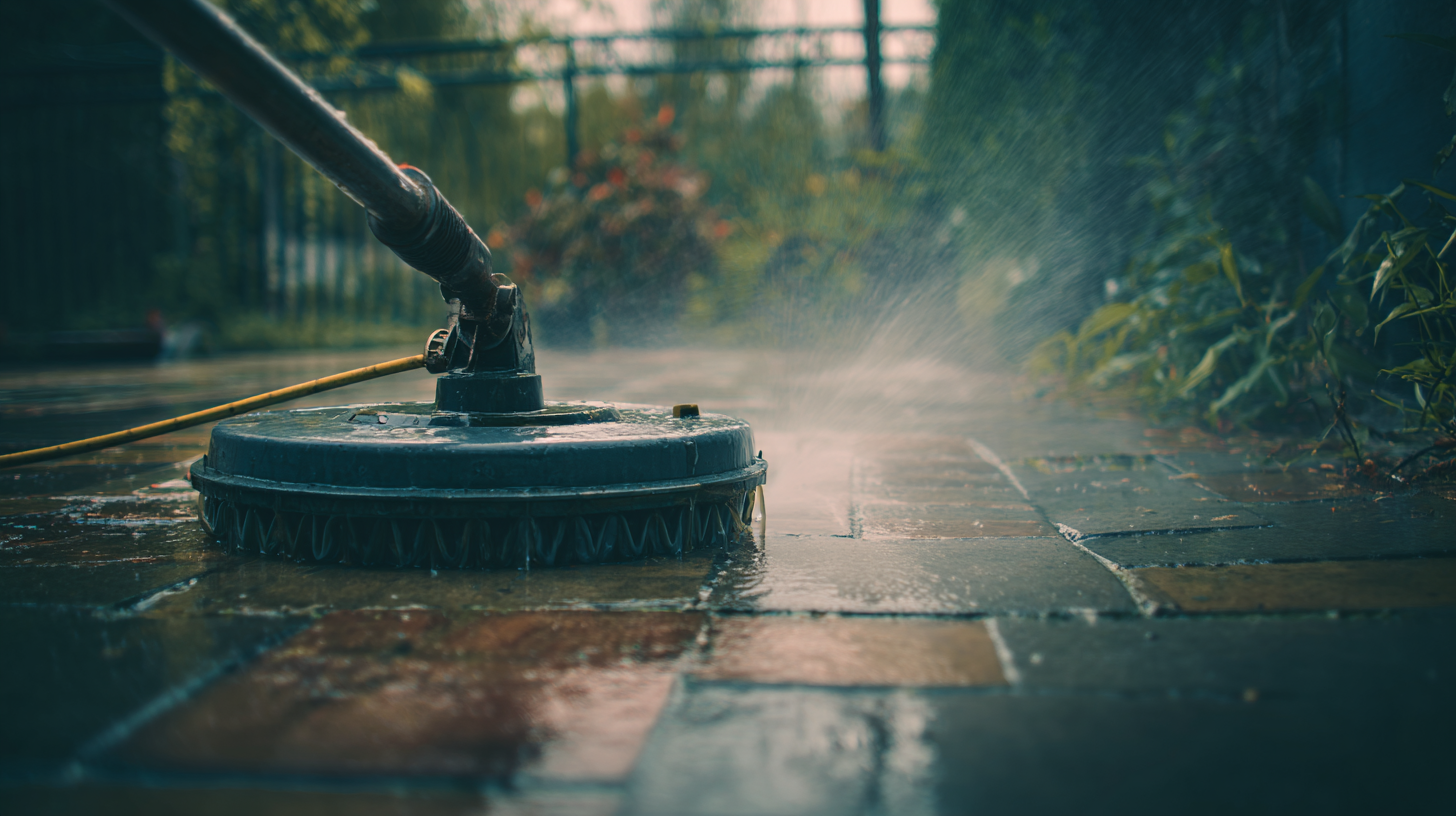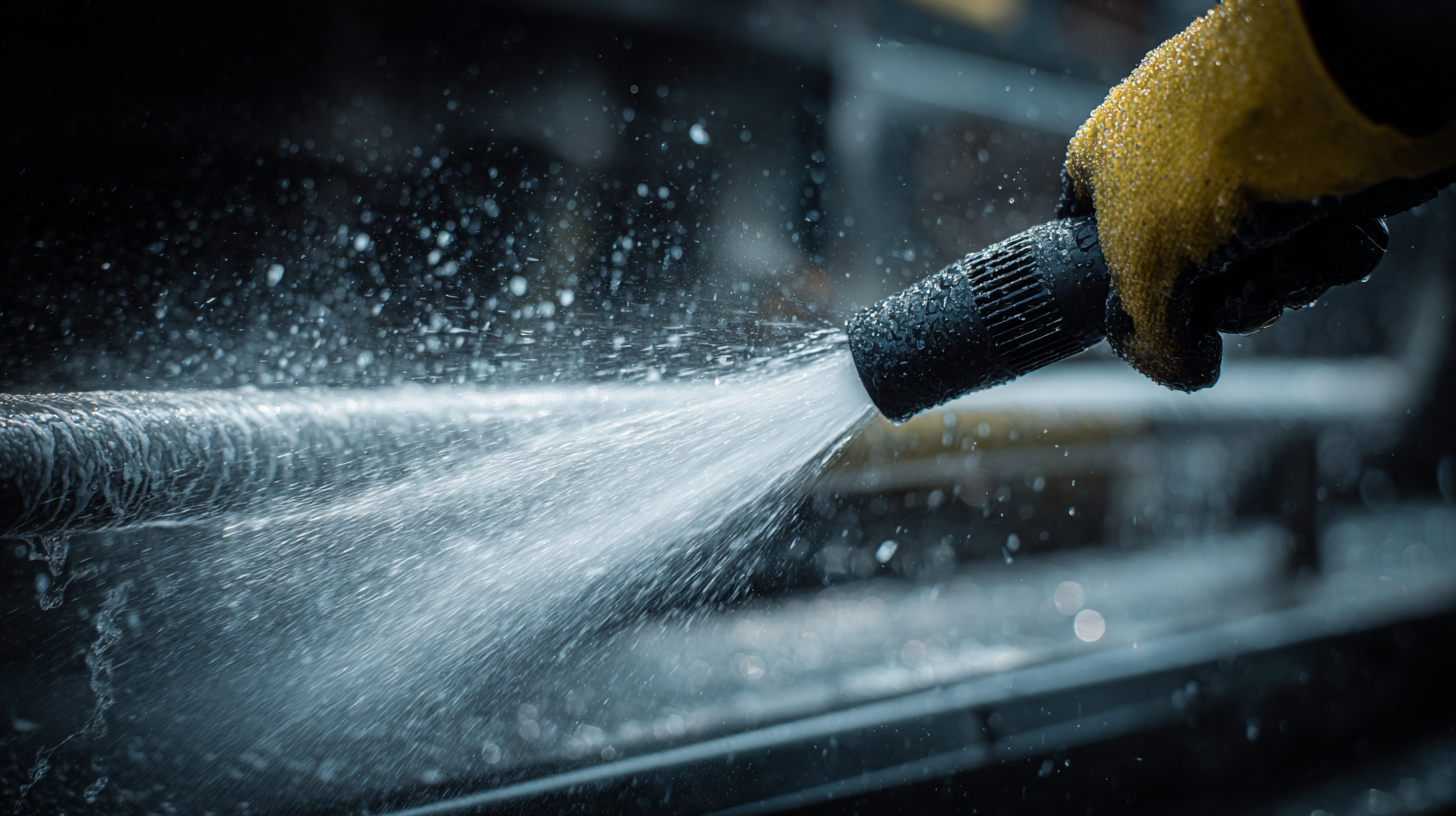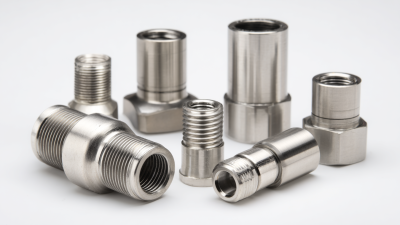Unlocking the Power of Soft Wash Pumps: The 2023 Guide to Eco-Friendly Cleaning Solutions
The cleaning industry is undergoing a significant transformation as eco-friendly solutions take center stage, with soft wash pumps emerging as a leading choice for effective and sustainable cleaning practices. According to a report by the Environmental Protection Agency, traditional high-pressure washing can waste up to 80 gallons of water per hour, contributing to environmental degradation and increased water bills. In contrast, soft wash pumps utilize a low-pressure system combined with environmentally safe detergents, minimizing water usage and reducing runoff. The growing demand for green cleaning solutions has led to a projected market growth of 5.5% annually for soft wash technologies, highlighting their increasing importance in both residential and commercial applications. This guide will delve into the numerous benefits of using soft wash pumps and provide essential tips for selecting the best eco-friendly cleaning solutions for your needs.

The Essential Benefits of Soft Wash Pumps for Sustainable Cleaning Practices
Soft wash pumps are revolutionizing the cleaning industry by offering a sustainable alternative to traditional pressure washing methods. Unlike high-pressure systems that can damage surfaces and contribute to water wastage, soft wash pumps utilize low-pressure techniques combined with specialized eco-friendly cleaning solutions. This method effectively eliminates dirt, mold, and mildew without harming the environment or degrading the surfaces being cleaned. As society increasingly embraces green practices, soft wash pumps stand out as a vital tool for eco-conscious cleaning.
Incorporating soft wash technology into maintenance routines not only enhances cleaning efficiency but also supports long-term sustainability. These pumps use biodegradable detergents that break down contaminants safely, significantly reducing the risk of harmful runoff into waterways. Additionally, by minimizing water consumption and maximizing cleaning effectiveness, soft wash pumps contribute to a more responsible use of resources. For businesses and homeowners alike, adopting soft wash pumps represents a commitment to preserving the environment while achieving pristine results, making it an essential component of modern cleaning practices.
Unlocking the Power of Soft Wash Pumps: Eco-Friendly Cleaning Solutions
This chart illustrates the benefits of using soft wash pumps over traditional cleaning methods, focusing on key factors such as water usage reduction, eco-friendliness, and cost efficiency.
Comparative Analysis: Soft Wash vs. Traditional Pressure Washing Efficiency
In the realm of outdoor cleaning, the debate between soft wash and traditional pressure washing has gained significant traction, especially as eco-friendly solutions become a priority. According to a report by the Environmental Protection Agency (EPA), up to 80% of the cleaning chemicals used in pressure washing can contribute to pollution when washed away. In contrast, soft wash systems utilize low-pressure water combined with biodegradable detergents, effectively minimizing environmental impact. Studies indicate that soft wash techniques can reduce chemical runoff by up to 90%, promoting a cleaner ecosystem.
When it comes to efficiency, soft washing is often deemed superior for fragile surfaces such as roofs and painted exteriors. A study from the Roofing Contractors Association found that soft washing can extend the life of roofing materials by up to 50% compared to high-pressure methods, which may cause damaging wear. Furthermore, the power of soft wash pumps, which operate at pressures between 40-100 psi, enables thorough cleaning while preserving the integrity of the surfaces being treated.
This technique not only enhances the aesthetics of homes and commercial buildings but also aligns with the growing demand for sustainable cleaning practices. As homeowners and businesses seek effective yet eco-friendly solutions, the comparative analysis favors the soft wash approach for its efficient cleaning capabilities and reduced environmental footprint.
Environmental Impact: Reducing Water Consumption with Soft Wash Techniques
In 2023, the shift towards eco-friendly cleaning solutions is more important than ever, particularly with the pressing need to reduce environmental impacts, such as water consumption associated with traditional cleaning methods.
 Soft wash techniques, which utilize low-pressure pumps, have become a pivotal part of this evolution. By using biodegradable detergents and significantly less water—up to 90% less compared to high-pressure washing—soft wash systems not only rejuvenate surfaces but also contribute to the conservation of water resources. This aligns with broader sustainability goals, particularly in urban areas facing challenges related to climate change and resource scarcity.
Soft wash techniques, which utilize low-pressure pumps, have become a pivotal part of this evolution. By using biodegradable detergents and significantly less water—up to 90% less compared to high-pressure washing—soft wash systems not only rejuvenate surfaces but also contribute to the conservation of water resources. This aligns with broader sustainability goals, particularly in urban areas facing challenges related to climate change and resource scarcity.
Tips: When implementing soft wash technology, consider conducting a water usage audit to assess your current consumption. Transitioning to these techniques not only lowers your water footprint but also aligns with local regulations aimed at reducing community water waste.
Furthermore, the integration of advanced processes such as machine learning in sustainable practices can streamline operations further, reducing the overall environmental impact. As we pursue net-zero initiatives in various industries, leveraging soft wash pumps can be a step towards addressing crucial issues such as the microplastic crisis in our ecosystems. Emphasizing eco-friendly practices is vital for future generations, making it essential to stay informed about the latest techniques and their effectiveness in improving environmental performance across different sectors.
Tips: Always ensure that cleaning agents are eco-friendly and approved for use in various environmental conditions to prevent unintended negative impacts on local ecosystems.
Key Industry Statistics Supporting the Rise of Eco-Friendly Cleaning Solutions
The increasing demand for eco-friendly cleaning solutions has transformed the cleaning industry, propelling soft wash pumps into the spotlight. Recent statistics reveal that the global green cleaning products market is expected to reach $9.8 billion by 2025, indicating a significant shift in consumer preferences towards sustainability. Businesses that implement soft wash systems not only meet environmental standards but also attract a growing number of eco-conscious customers.
Furthermore, a survey conducted among cleaning service providers found that 70% have adopted eco-friendly practices, with a notable emphasis on soft washing techniques. This method, which utilizes low-pressure water mixed with biodegradable detergents, proves highly effective in removing dirt, mildew, and algae without harming surfaces or the environment. As awareness of the environmental impact of harsh chemicals rises, industry experts predict that soft wash pumps will play a crucial role in promoting greener cleaning methodologies.
Innovative Soft Wash Pump Technologies Revolutionizing the Cleaning Industry
The cleaning industry is witnessing a significant transformation through the advent of innovative soft wash pump technologies. These eco-friendly solutions not only enhance the cleaning process but also reduce environmental impact. By utilizing low-pressure water combined with specialized biodegradable detergents, soft wash pumps effectively eliminate dirt, mold, and algae from a variety of surfaces. This technique minimizes water usage while maximizing cleaning efficiency, which is crucial in an era increasingly focused on sustainability and resource conservation.
Similar to advancements in agricultural techniques like mushroom processing, these soft wash pump technologies are improving operational efficiencies across their respective industries. Just as the introduction of innovative methods in mushroom cultivation enhances resource use and supports a circular economy, soft wash pumps are leading to smarter cleaning practices. By adopting these new technologies, companies can ensure a cleaner environment without compromising on performance, marking a pivotal shift towards more responsible and effective cleaning solutions.

Related Posts
-

Essential Checklist for Choosing the Right Sprayer Parts to Maximize Efficiency and Performance
-

Top Strategies for Maximizing the Efficiency of Pressure Relief Valves
-

How to Choose the Right Stainless Steel Fittings for Your Project
-

10 Best Pressure Washer Hose Hacks for Ultimate Efficiency
-

The Definitive Ultimate Guide to Pressure Regulators: Unlocking Consistent Performance and Efficiency
-

7 Key Advantages of Using a High Pressure Hose Reel in Your Operations